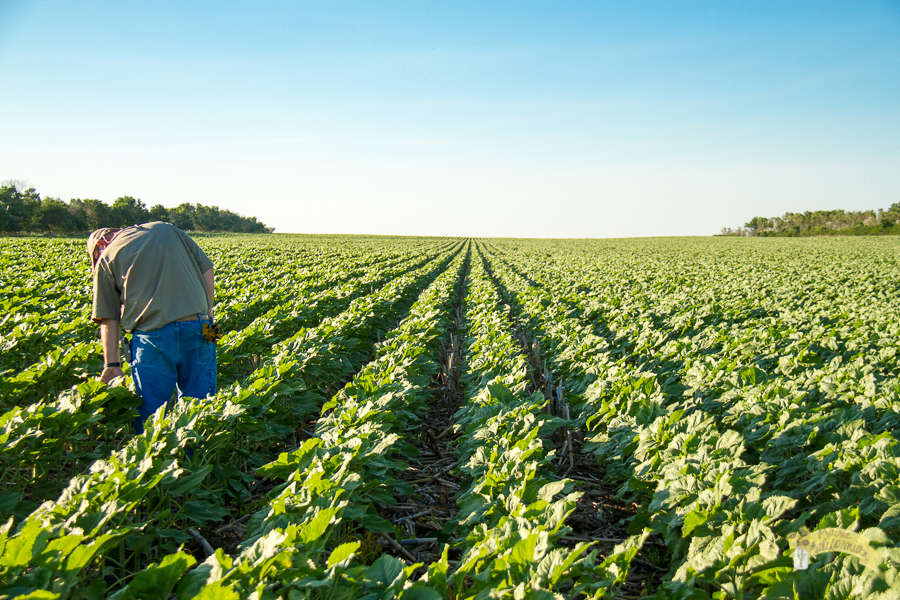
What exactly is an agronomist?
An agronomist is a professional who applies scientific knowledge and methods into the management and production of crops. Agronomists get the job done in a variety of settings, from farms and ranches to governing administration agencies and personal organizations. They may also get the job done in research laboratories or teach at colleges and universities.
Most agronomists have no less than a bachelor's degree in agronomy or simply a connected industry, including agricultural science or soil science. Lots of agronomists also have master's degrees or doctorates. The precise nature of an agronomist's career depends on her or his specialty and employer.
Agronomists Participate in an important job in ensuring that crops are healthier and successful. They use their understanding of plant science to create means to enhance crop production, combat pests and diseases, and conserve water together with other resources.
The role of an agronomist
is to help the earth fulfill its expanding food generation requirements. In accordance with the U.S. Bureau of Labor Figures (BLS), work for agronomists is predicted to increase quicker than average, with openings resulting from growth and replacement needs.
The work of an agronomist
is hard and worthwhile, with agronomists often being involved in study and training.
The schooling of the agronomist
Agronomists have to have a minimum of a view more bachelor's degree in agronomy or connected area from an accredited uni.
The way forward for agronomy
Agronomists help to make certain that the earth's population has more than enough food, and they work to improve crop yields and reduce agriculture's impact on the environment. The BLS says that agronomists are in demand, but competition for jobs is probably going to generally be strong.
Summary
Agronomists are focused on the review of vegetation, and so they perform in a number of fields, from agricultural study to raising crops. Agronomists are needed to ensure that crops are generated for consumption, but In addition they help generate biofuels and also other plant-based goods.